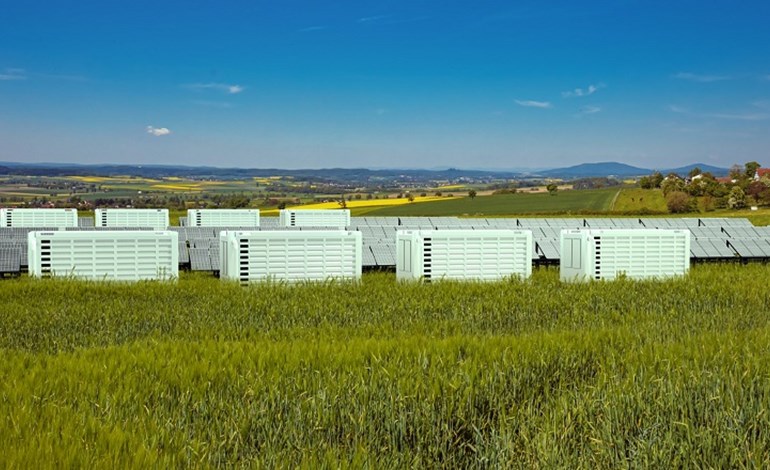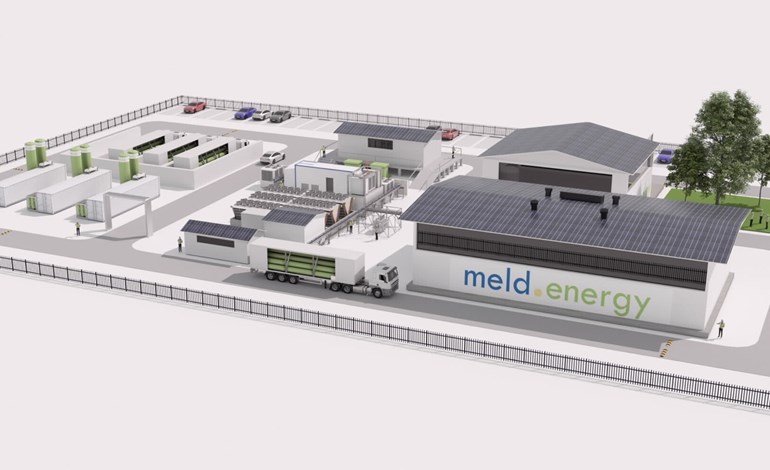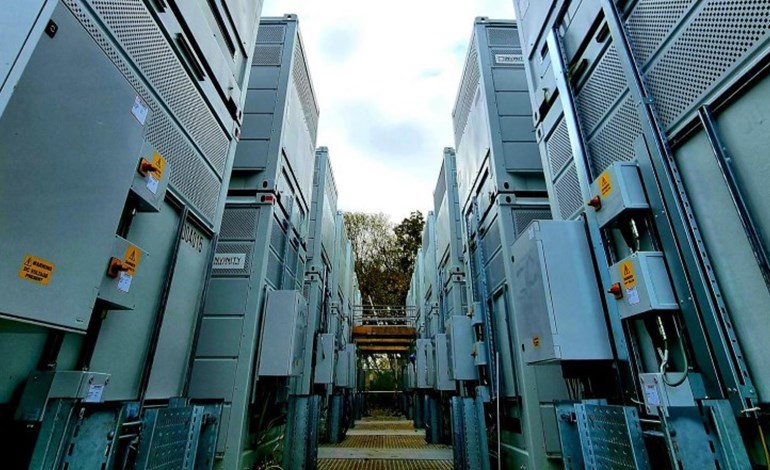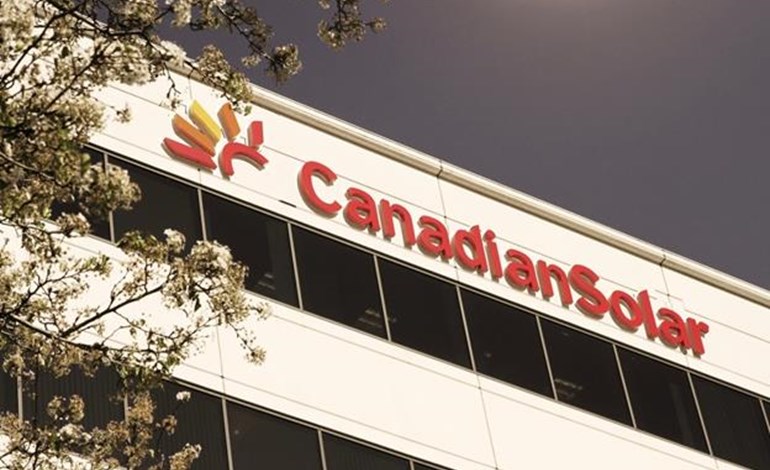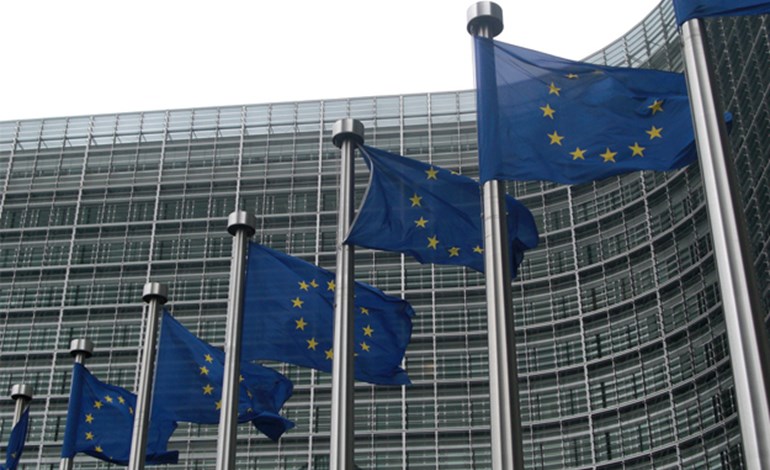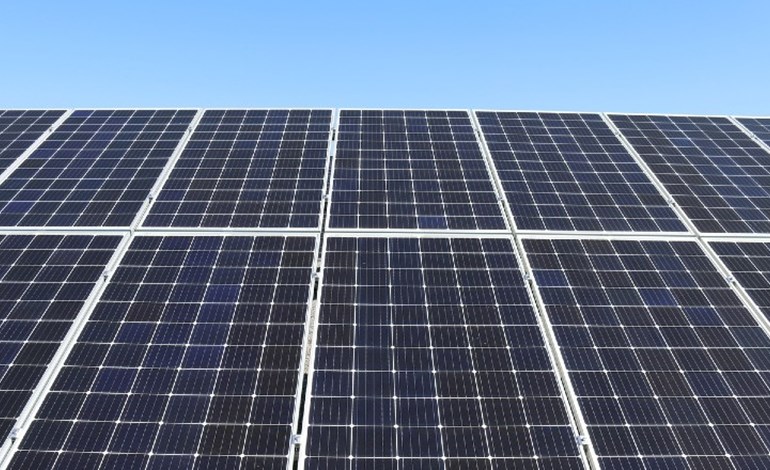The REA (Association for Renewable Energy and Clean Technology) and Energy UK have called on the UK Government to extend planned windfall tax changes for oil and gas to renewable energy as well. The Government will introduce a new Energy Security Investment Mechanism which will reduce the windfall tax rate on Oil and Gas producers, called the Energy Profits Levy, when energy prices return to consistent normal levels. The intention is to ensure that investments in domestic energy supply are safeguarded. The REA argues that being serious about protecting energy security and British jobs requires applying these benefits to the cheapest forms of domestic electricity generation, which also happen to be critical to delivering a decarbonised electricity system. As such, the Energy Security Investment Mechanism must also be extended to reduce the tax rate being placed on the low carbon generators under the equivalent Electricity Generator Levy. The renewables and clean tech sector is key to tackling the volatile costs of fossil fuels at the heart of rising energy bills, and its treatment must be fair and equitable in relation to the oil and gas sector, the REA said. Mark Sommerfeld, head of power and flexibility at the REA, said: “Once again, the Government are focusing tax cuts on fossil fuel producers, while the equivalent windfall tax on renewables, called the Electricity Generator Levy (EGL), remains unchanged. “Today’s announcement for the Energy Security Investment Mechanism will reduce the tax liability on oil and gas producers when energy prices return to consistently normal levels, however, will not apply to renewable generators, despite a harsher tax on low carbon generation.
“Furthermore, the Government have repeatedly ignored calls to introduce a dedicated Investment Allowance for renewables, which would promote low carbon investment, despite the equivalent allowance again already being in place for oil and gas. “Government is presenting today’s announcement as necessary for delivering energy security, yet it is not applying these benefits to the cheapest forms of domestic electricity generation, which also happen to be critical to delivering a decarbonised electricity system. “If Government is at all serious about energy security, The Energy Security Investment Mechanism must be extended to renewables and the EGL be urgently reformed.” Energy UK agreed that renewables should also be covered by the mechanism. It added that it should also mirror the EU and remove the windfall tax on renewable energy. Emma Pinchbeck, Energy UK chief executive, said: “Whilst wholesale prices have fallen, many customers, including businesses, are still struggling with high energy costs, and the long-term solution out of the energy crisis is to move away from a reliance on fossil fuels and produce cheap, low carbon energy here in the UK alongside making our buildings far more efficient. “Alongside easing the Energy Profits Levy, the Government has kept a windfall tax on renewable energy, disincentivising the very technologies that will help insulate the UK from future energy price crises. “The EU is looking to remove its windfall tax on renewable energy and the US has put billions of dollars behind a huge stimulus package. “We’re in a global race for investment and the UK is at risk of losing out on the vital infrastructure needed to keep our energy supply secure. “We have an opportunity to build on our existing capabilities and lead the world in green technologies like Small Modular Reactors, Carbon Capture and Storage, hydrogen and floating offshore wind. “We urge the Government to revisit the Electricity Generator Levy, with this global context in mind.”
Credits: renews.biz [Image: Unplash]

